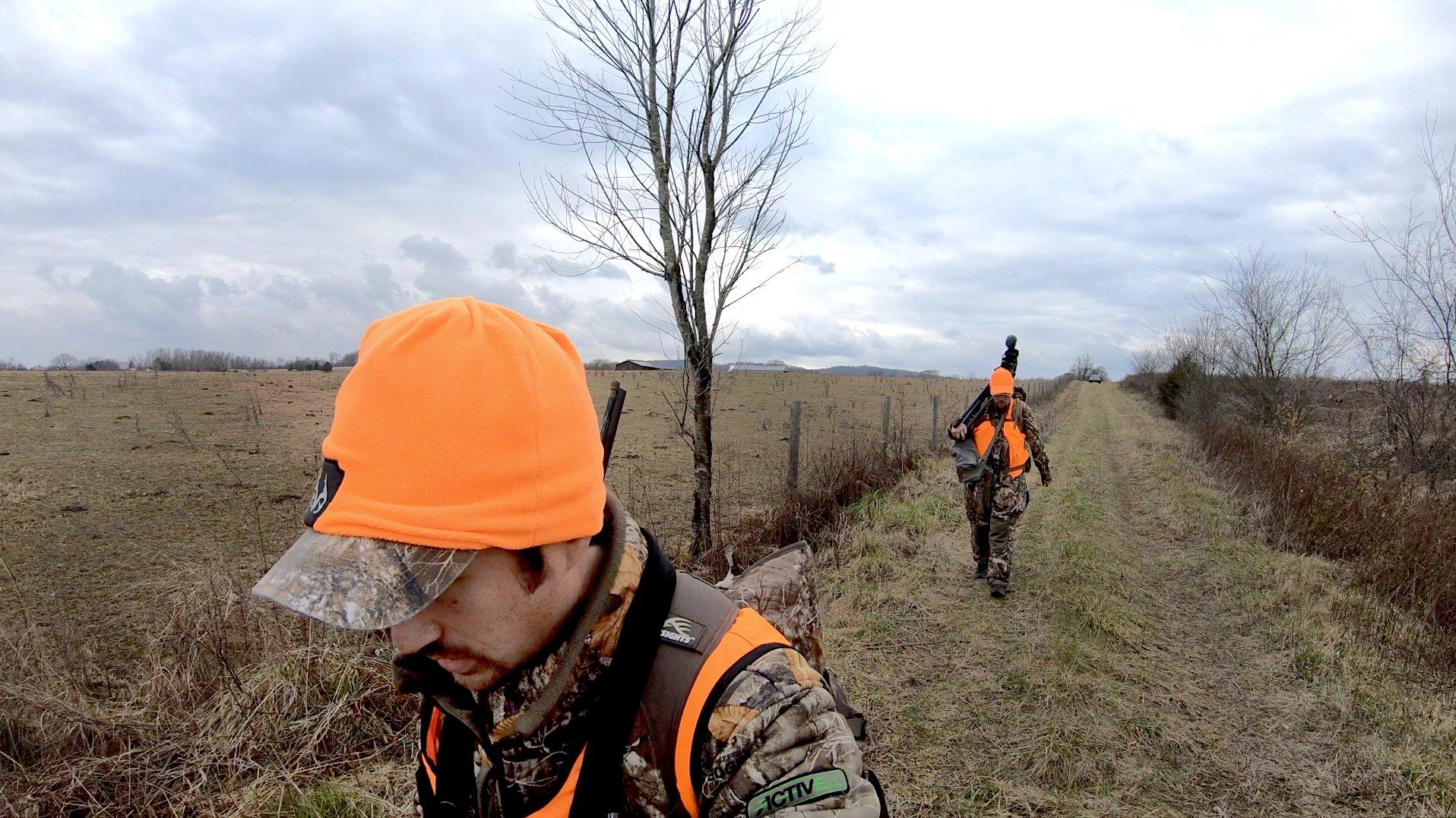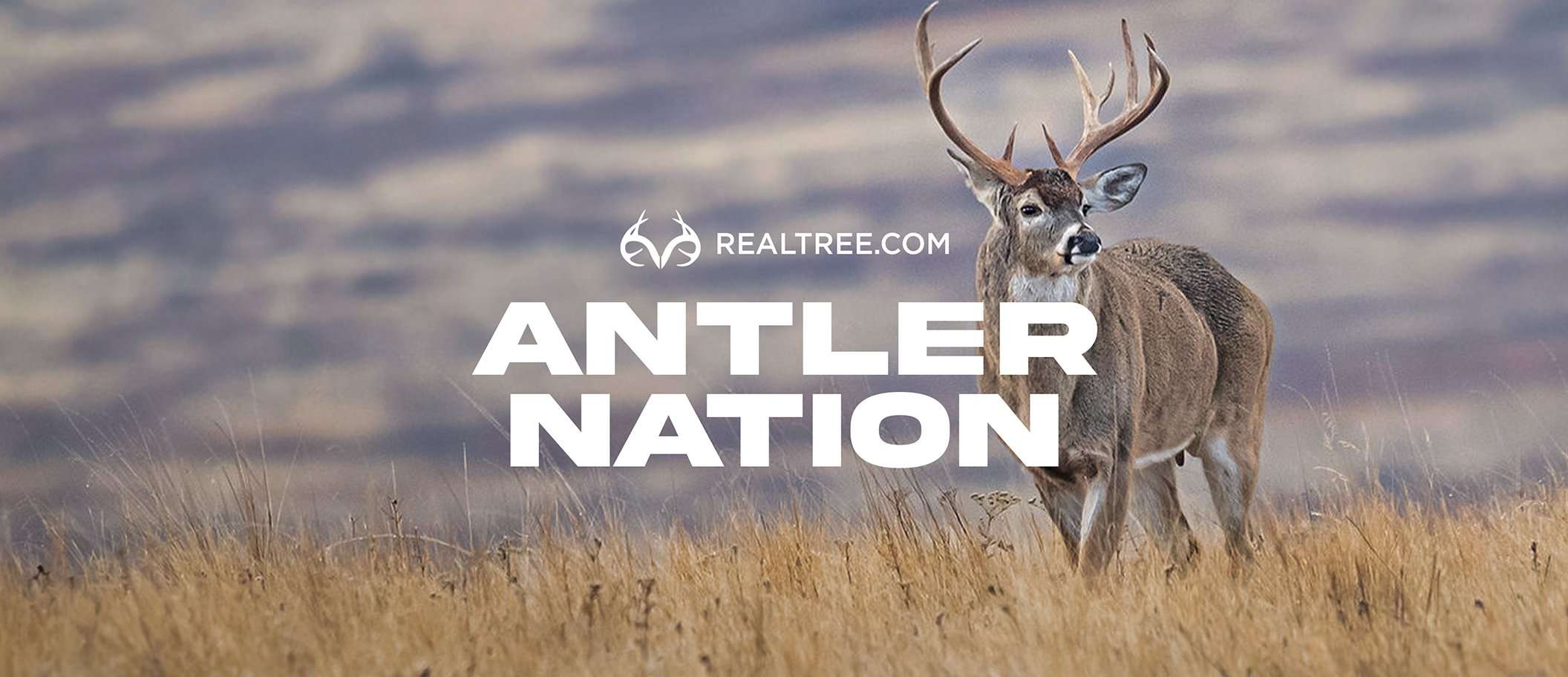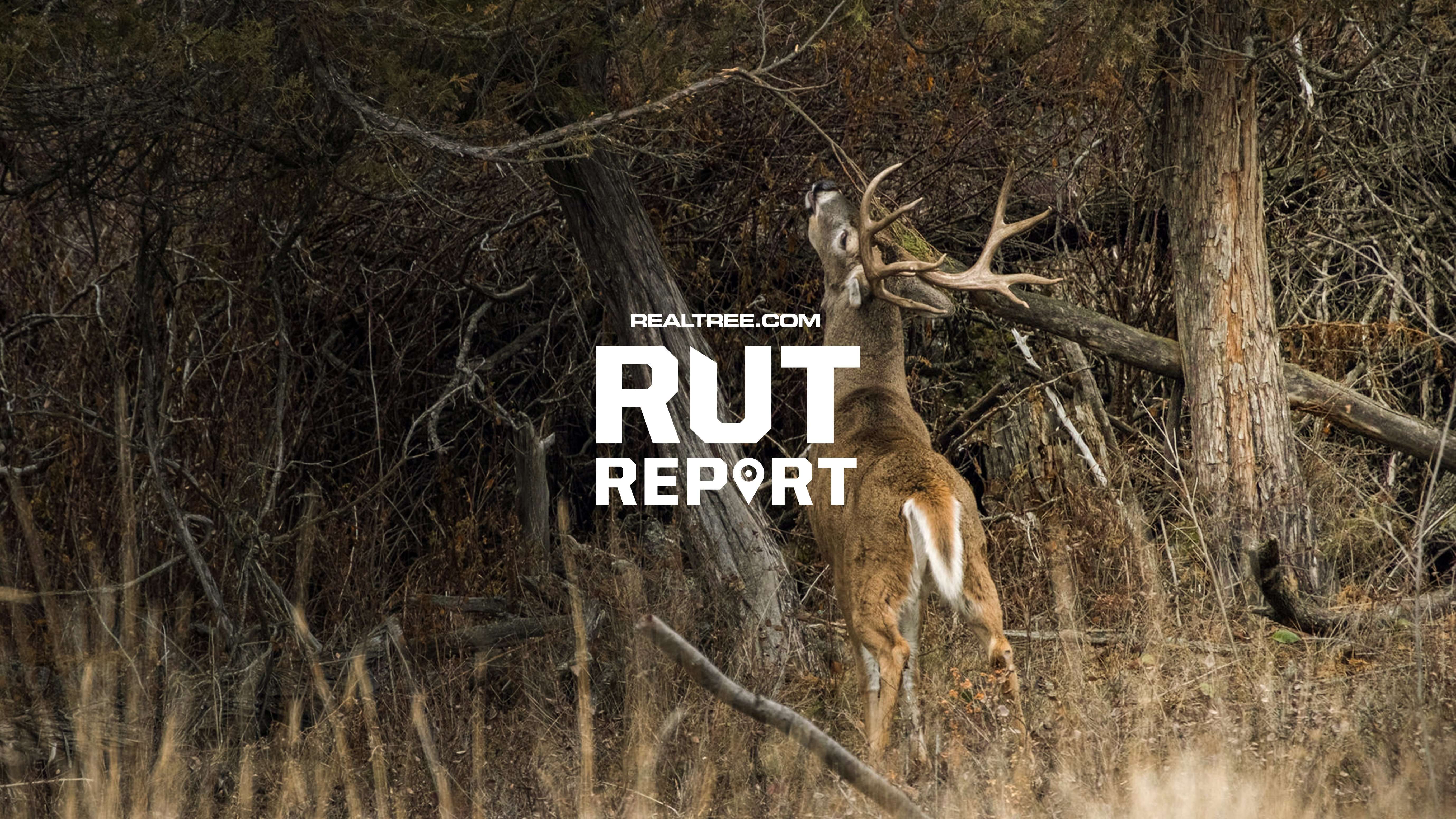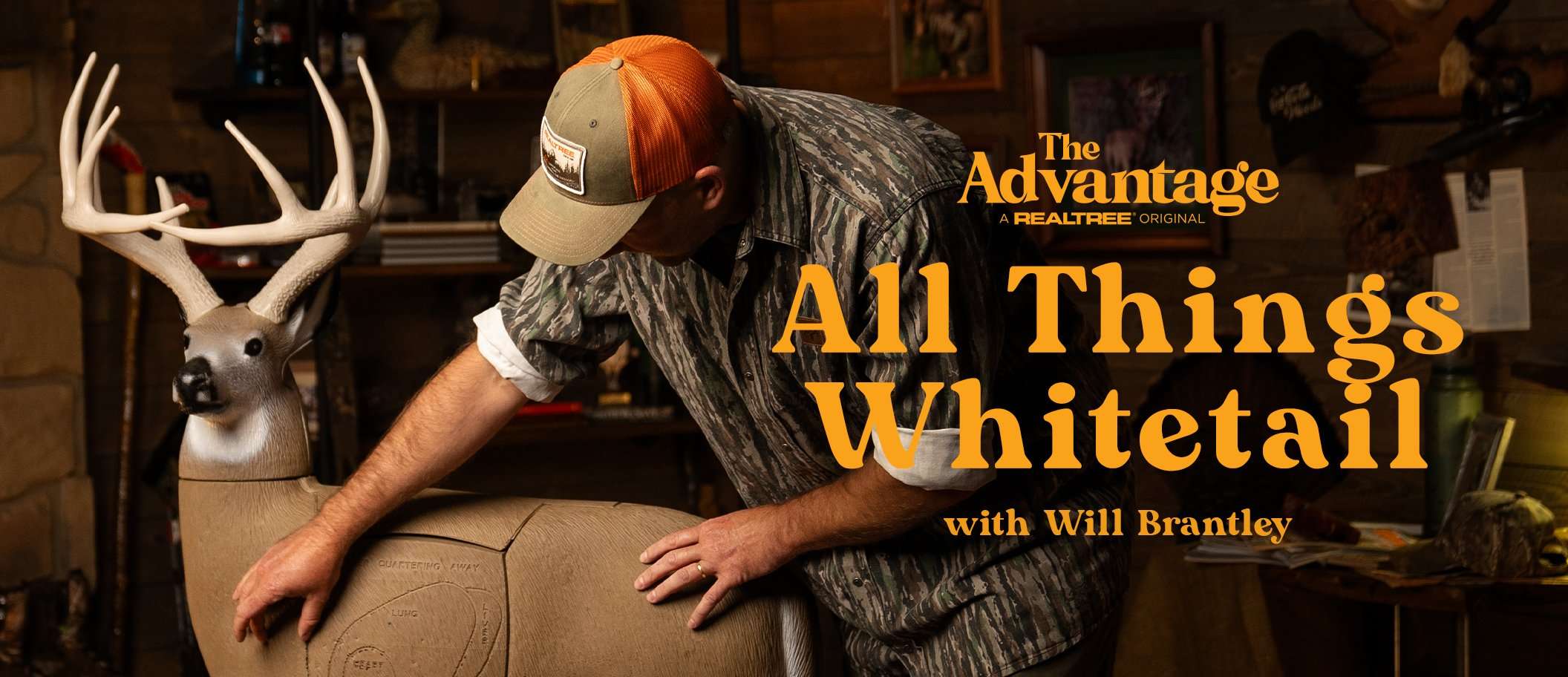Good leases come and go. Use these tips to find fresh, productive ground
I’ve had hunting leases in Indiana, Kentucky, and Ohio. Some leases were short-term (one year), and others were longer (10-plus years), but one thing is constant: Eventually, I lose the lease.
Reasons vary. The landowner passes, and tracts change hands. A family member decides to hunt. Development ruins the area. The property sells. Those events and more can cause a lost deer lease.
“It’s inevitable, and it hurts,” said Nate Mrnak with Base Camp Leasing. “All the time you took to learn the property and game movement, and effort dialing in your stand locations over the years, and now you have to start all over. It can be a hard reality to swallow.”
I’ve lost several good leases. Even so, I packed up and found new ones. Here’s what to do when you lose a good deer lease, with input from the hunting lease experts.

A hunting lease can mean a lot. Losing it can hurt. Here’s how to soften the blow and find new ground. Image by Honeycutt Creative
Hunting Lease Competition is Increasing
The competition for finding and securing hunting leases has never been higher. Good hunting land is in high demand, and that won’t change soon. For example, on Base Camp Leasing, the average Ohio hunting lease goes from available to pending in less than 10 minutes after hitting the website.
“Quality hunting lease demand is at an all-time high,” Mrnak said. “It is a very competitive arena, and more so now that landowners understand the value of the assets they have. It should not be a surprise to any hunter nowadays that demand ultimately drives prices, and to be frank, landowners deserve to be compensated.”
1. Ask Around
One of the best ways to find a local hunting lease is to ask around. Benefit from the network of people with whom you’ve established relationships. Word of mouth goes a long way.
Further, talk to farmers, realtors, and others connected to land ownership. Additionally, listen to agriculture-based radio shows that allow some lease talk. Listen to those for postings, or put the word out.
2. Post Flyers
Landowners frequent local diners, feed stores, farm machinery retailers, and other agriculture-based businesses. Posting flyers on bulletin boards can let them know you’re hunting a new lease.
3. Knock on Doors
The tried-and-true door-knocking method used to work well for gaining permission to hunt. Now, it’s better-suited for finding a lease. Knocking on the doors of prospective lessors can produce new hunting grounds.
4. Mail Some Letters
Virtual door-knocking is another option. Mailing letters is another route to gaining a hunting lease. Like door-knocking, success rates are low. The yes-to-no ratio isn’t good. But one yes out of 50, 75, or even 100 asks can yield a great deer lease.
5. Go Through an Agency
Perhaps the most efficient method for finding a lease is going through a hunting lease agency. “There are many hunting lease brokerages across the country with different approaches to leasing,” Mrnak said. “For some, you can bid on a lease and hope you have the deepest pockets. For others, you can reserve a day or modified date range for hunting and hope the folks before you didn’t blow out the area. Or my preference — an annual lease [with a] first-come, first-serve program that gives you a fair shot at securing a lease. Keep a positive mindset, understand the options you have available to help you find a new lease, and embrace the excitement of putting your skills to the test again.”
6. Find a Lease Buddy
If lease prices are too much to stomach, consider sharing access with a friend. “To help mitigate the toll it can take on your wallet, partner with a buddy or a couple that you know you will enjoy hunting with,” Mrnak said. “Take the opportunity when a property becomes available.”
7. Cross T’s, Dot I’s
Hunting leases have many elements. Focus on the macro and micro details. When leasing hunting land, it’s good to have hunting lease insurance. If leasing directly from a landowner, you can secure an insurance policy through a third-party insurer, such as American Hunting Lease Association.
However, if the hassle is too much, leasing through an agency can take that step out of the process. “With an industry-leading $5 million liability policy that protects both the landowner and hunter, it eliminates a lot of concerns for landowners who would not otherwise entertain having hunters on their property that they don’t know,” Mrnak said. “This is why you see new listings every week released to our members.”
Lease with Confidence
Don’t let a lost lease or negative experience keep you out of the hunting lease game. A good hunting lease can provide access to great hunting for years without having to invest money to buy ground.
Just because you lost a deer lease doesn’t mean hunting season is a bust. Get out there and find a new place to put down roots.
Don’t Miss: SUPER 6-POINT BUCKS YOU MUST SEE TO BELIEVE












